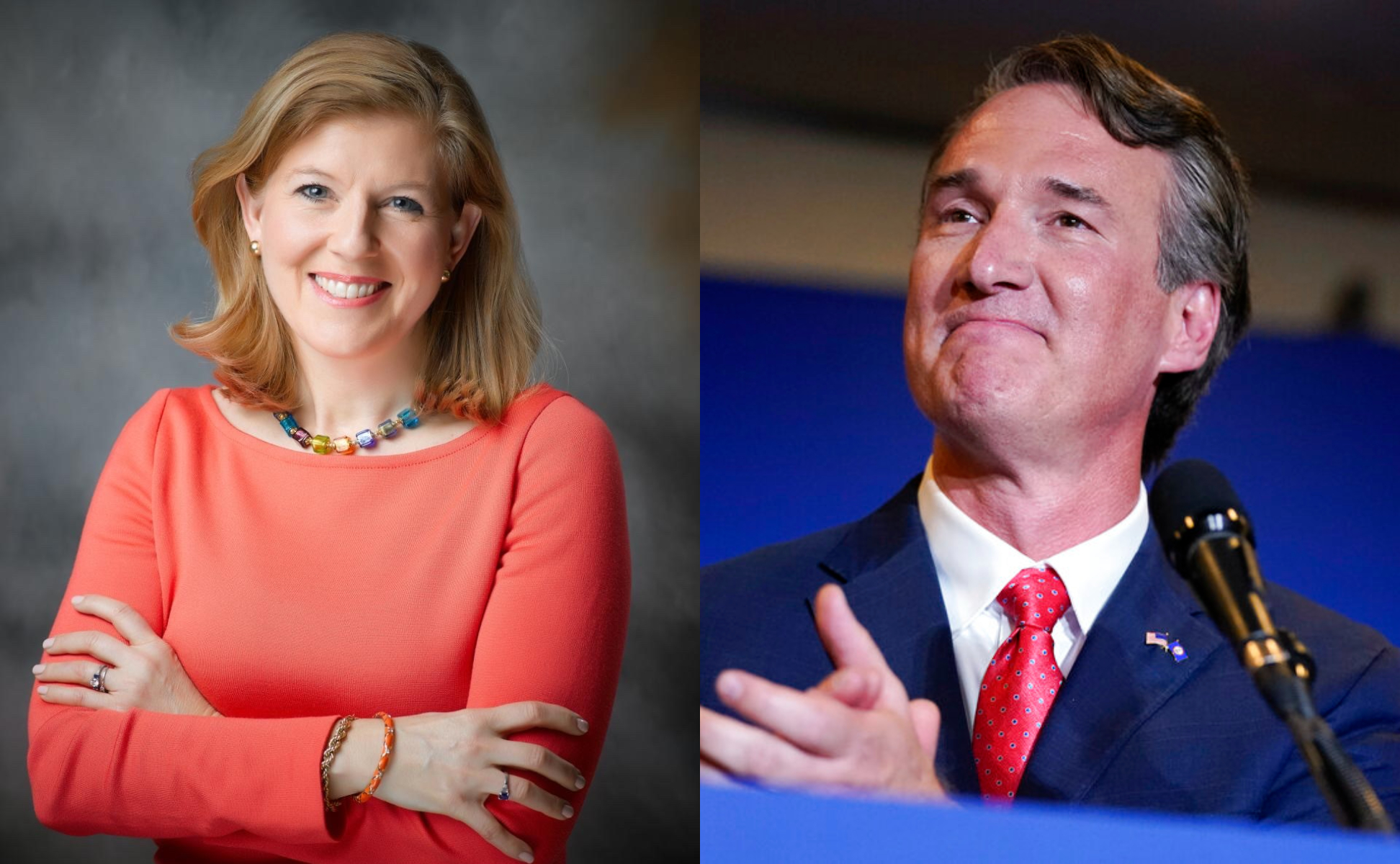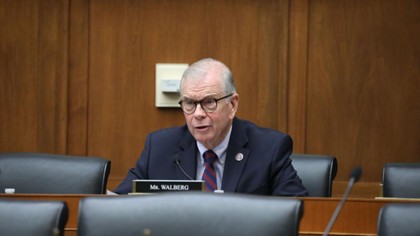Youngkin administration removes education policy materials that it finds ‘divisive’
In a push to end “divisive concepts” in Virginia education, Gov. Glenn Youngkin’s administration is ending virtually all equity initiatives launched by the state’s Department of Education prior to the governor’s inauguration last month.
The policy changes, announced in an interim report from the state’s Superintendent of Public Instruction Jillian Balow, hew closely to directives already issued by Youngkin in his first executive order. According to Balow, every resource listed on the department’s EdEquityVA website falls under the category of a “divisive concept,” including a 52-page “roadmap to equity” developed by the department under former Gov. Ralph Northam and Secretary of Education Atif Qarni.
The Northam administration document details plans to “dismantle any and all forms of inequity in Virginia’s public education system,” including the disproportionate impact of disciplinary measures such as suspensions on Black students, which is well supported by state data and outside investigations. The roadmap explicitly supports concepts such as cultural competency training and anti-racism, defined as the acknowledgement “that racist beliefs and structures are pervasive in all aspects of our lives.”
The administration is also eliminating an audit tool intended to help local school divisions develop and implement their own equity initiatives.
“All Virginia students should have the opportunity to receive an excellent education that teaches all history — the good and the bad, prioritizes academic excellence, and fosters equal opportunities for all students,” Youngkin said in a statement. “Our Virginia students should not be taught to discriminate on the basis of sex, skin color, or religion and VDOE policies should certainly not direct such concepts.”
The report specifically addresses internal policies within the Virginia Department of Education, but it’s still unclear whether the administration plans to expand its audit of “divisive concepts” to local school divisions.
Youngkin officials, including Secretary of Education Aimee Guidera, have cited local programs such as a “privilege bingo” assignment in one Fairfax County class as examples of the concepts they’re seeking to eliminate from public schools. But the report does not identify any district-specific initiatives, though Youngkin directed Balow to include any policies, programs, training, or curricula that fell within the administration’s definition of inherently divisive concepts in his first executive order.
The superintendent was also directed to submit an additional report within 90 days of any executive or legislative actions needed “to end use of all inherently divisive concepts in public education.” But legislators in both the House and Senate have effectively killed Youngkin-backed measures to ban divisive concepts through the General Assembly, and the administration could not immediately say whether it believed the governor could end local programs through executive action.
Otherwise, the report treads familiar ground for Youngkin, who made opposition to “divisive concepts” — including what he’s described as critical race theory — a central part of his platform. As an academic term, critical race theory describes the concept that U.S. systems, including criminal justice, public education and housing, include racist policies that have led to still-existing inequalities between different racial groups. But critics, including the administration, have expanded the term to include virtually any discussion or training related to equity or antiracism in local school systems.
The administration took aim at virtually every equity and diversity resource the Virginia Department of Education handed down to schools as part of its educational equity initiative, called “EdEquityVA.” That included an entire website dedicated to increasing cultural competency among Virginia teachers, and a suggested readings list that includes historian and MacArthur Fellow Ibram X. Kendi.
Youngkin has already rescinded or criticized many of the initiatives included in the report, such as a 2019 memo from former state Superintendent James Lane on “resources to support student and community dialogues on racism.” The communication, sent out to division superintendents, recommended the books “White Fragility” by author Robin DiAngelo and “Foundations of Critical Race Theory in Education,” an academic text that also explores how the discipline moved from legal studies to the educational field.
“Numerous resources within EdEquityVA employ the concept that current discrimination is needed to address past discrimination. (Treating people differently based on skin color to remedy
old/previous discrimination.),” the report says in a section justifying rescinding resources on the EdEquityVa site.
(This article was published with permission by the Virginia Mercury.)



